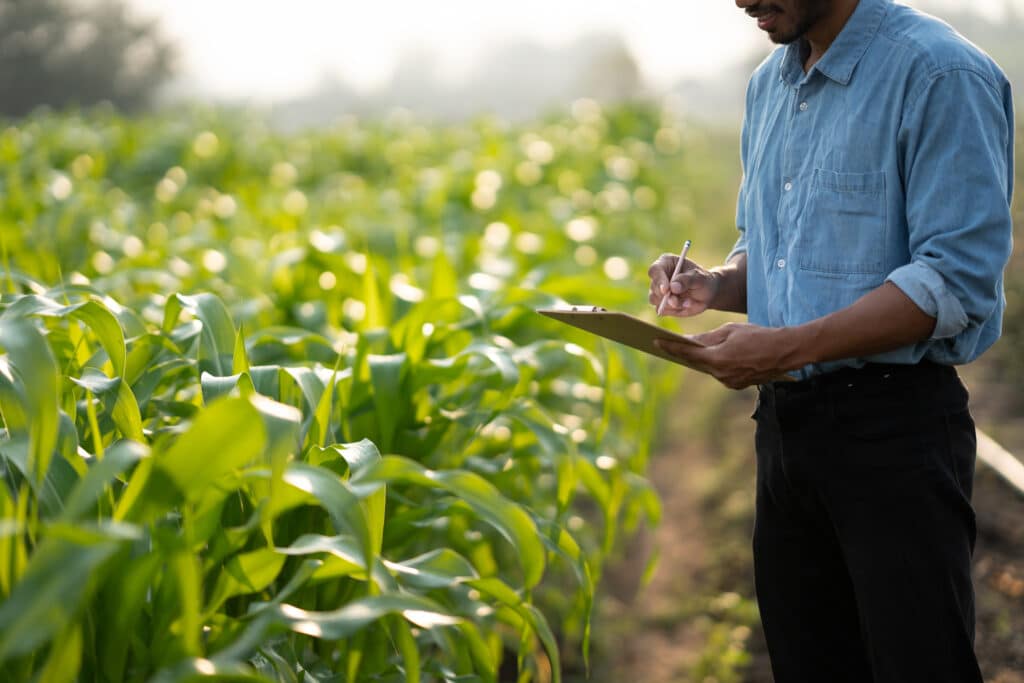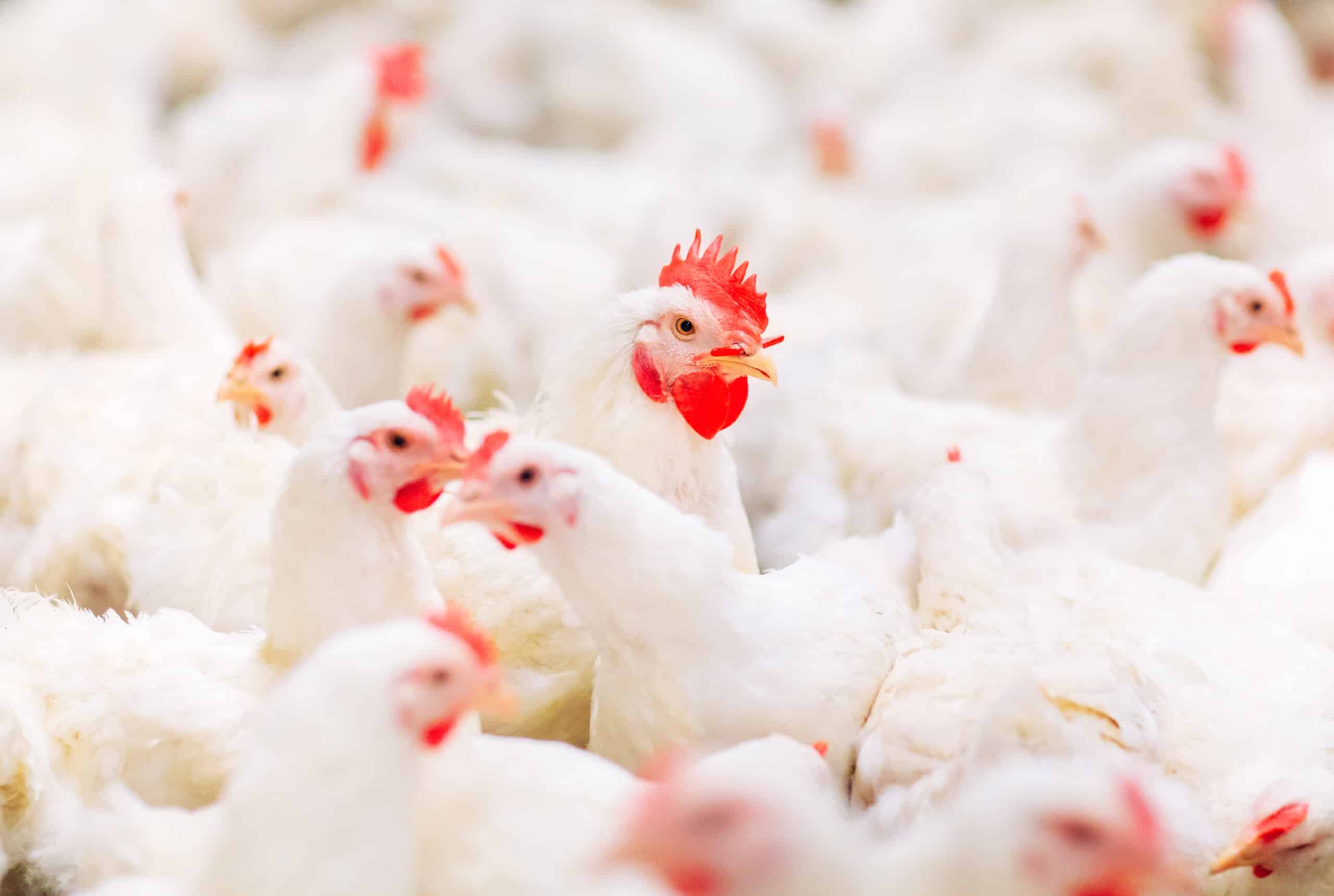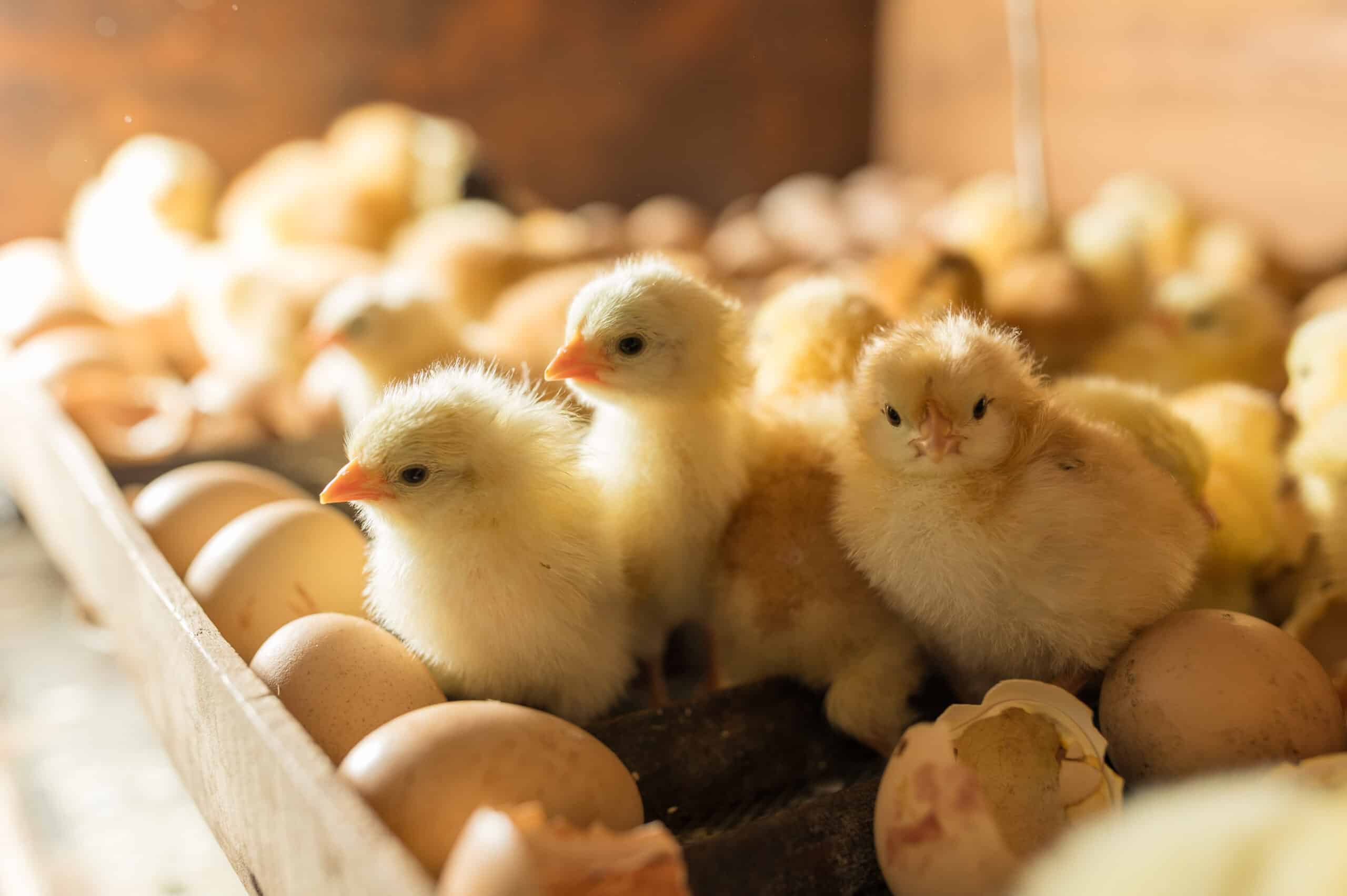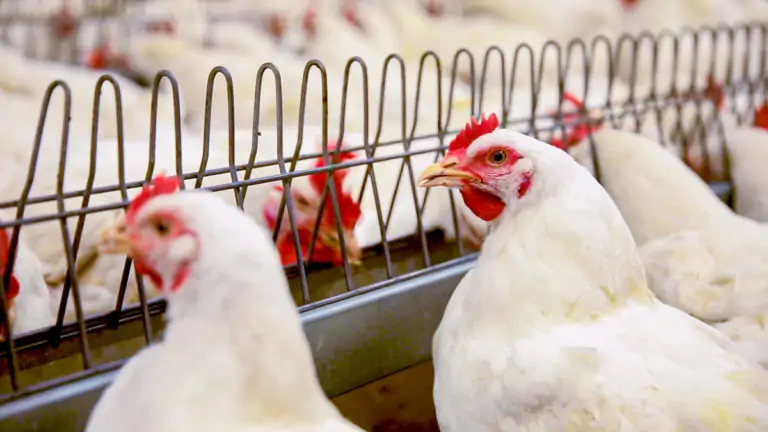The efficiency, affordability, global adaptability, and nutritional benefits of poultry has made it a cornerstone of the global food system. Poultry accounts for over 40% of global meat consumption, making it the world’s most consumed meat, and the poultry industry provides a source of income and employment for more than 12 million people worldwide.
In recent years, the poultry market has grown strongly and is expected to increase from $360.5 billion in 2023 to $494.55 billion by 2028. The popularity of the poultry industry can be attributed to several factors. Firstly, it is a vital source of protein that is cheap to produce and purchase when compared to pork and beef. Poultry farms also deliver a rapid turnover rate for meat and eggs, as well as low startup costs, making them economically viable across a wide range of climates and economies. They are also considered to be more resilient and adaptable than other livestock farms.
Poultry has become a cornerstone of food security efforts in the Middle East and Africa, while regions like China and India are also witnessing robust growth in poultry consumption. This has been due to government initiatives, shifting consumer preferences towards protein-rich meat, and advancements in local supply chain management.
As the demand for poultry rises, optimising farm operations and increasing productivity has become ever more important. In response to this trend, businesses looking to enhance outputs and capitalise on growth opportunities have sought to avail themselves of poultry management services offered by industry experts. This article explores the different types of professional services that are available to poultry farmers and describes how they can improve farm productivity.
Understanding professional poultry management services
Professional poultry management services cover a range of activities designed to support poultry producers and optimise their processes. By providing strategies and insights on disease prevention, outbreak control, market forces, and farm management, they enable producers to increase yields and improve product quality while also reducing risks. Broadly speaking, poultry management services can be grouped into six categories: biosecurity, breeding and genetics, farm management, health management, nutrition and feeding, and regulation.
Biosecurity services
These primarily involve risk assessment, the development of tailored biosecurity plans, and staff training. They help protect flock health from common diseases, such as Newcastle disease and avian influenza, while maintaining a healthy poultry production environment.
Breeding and genetics services
This long-term orientated service covers breed selection and the implementation of genetic improvement programmes, as well as optimising hatchery processes. This is crucial for developing greater yields.
Farm management
Many experts can provide strategic guidance on farm operations, tailored to each farm. This includes production planning, performance benchmarking, technology implementation and integrated automation advice, directly leading to more efficient management of an organisation’s time and finances.
Health management services
These services help prevent common diseases and ensure optimal flock well-being by implementing early disease detection systems, developing vaccination schedules, providing litter management protocols, and implementing quarantine protocols for new birds. These proactive measures not only enhance productivity by reducing mortality rates, but also lessen the need for costly treatments, leading to more sustainable and efficient farming operations.
Nutrition and feeding programmes
These programmes enable poultry farmers to tailor diets to specific breed needs, optimising poultry nutrition for maximum productivity. Feed costs typically account for 65-75% of total production costs for poultry farmers or integrators. Tailored feeding programmes tend to improve feed conversion ratios by 10–15%, leading to substantial cost savings. Such programmes usually include custom feed formulation, feed efficiency improvements, and food-quality control.
Regulatory guidance
This provides essential support for poultry growers processors and integrators looking to navigate complex regulatory frameworks. Regulatory guidance in food safety, animal welfare, and environmental sustainability can help maintain compliance across various aspects of production, from feed quality and animal housing to processing and labelling requirements.
Choosing the right poultry management service
Selecting the right services will depend on the circumstance and size of the farm, in addition to its operational goals and market conditions. Services ought to be tailored to address any unique challenges and opportunities presented to the operation. It is also advisable that business owners pay particular attention to the costs, technological requirements, the adaptability of their workforce, and the quality of their infrastructure before engaging with poultry management service providers.
Adaptability
Ultimately, the efficacy of introducing poultry management services hinges on an operation’s willingness and ability to adapt across every level of the organisation. Implementing new processes can be challenging with employees often preferring familiar routines. Consequently, new ideas are often subject to internal scepticism and require time and training before being implemented.
Poultry farmers may want to gradually integrate new practices and protocols. It is often wise to start with small-scale pilot trials before expanding these ideas across the entire operation. Business leaders may also need to facilitate on-site training sessions to ensure a smooth transition and better adherence to new practices.
Cost
The initial investment in professional services can be substantial, especially niche poultry management services. However, careful planning and phased implementation can help manage these costs, and the long-term benefits often outweigh the initial outlay. To mitigate the impact of upfront costs, farmers can also explore financing options, subsidies, or grants that may be available to them.
Technology
Technology is a critical enabler of poultry management services and can significantly enhance productivity, efficiency, and profitability. For instance, IoT-enabled poultry farms have shown reductions in mortality rates of up to 40%. However, adopting new technologies requires careful consideration and planning.
Farmers need to assess whether their current infrastructure – such as housing and equipment – can support more advanced technologies. While numerous technologies – like AI-driven analytics, automated vaccinators, IoT sensors, and smart heating solutions – offer significant benefits, farmers should evaluate their ROI based on their farm’s specific needs and the scale of their operation.
Where to start?
When undertaking any kind of large-scale transformation project, it is important to identify where to concentrate the initial investment in order to build momentum for broader changes. Animal health, feed usage, and regulatory guidance may need to be tackled simultaneously to address interconnected challenges, or individually, depending on the farm’s specific priorities, budget, and resources. By carefully evaluating the farm’s unique needs and capabilities, farmers can identify which poultry service will deliver the best results, setting the stage for long-term productivity and growth.
Setting up robust criteria and evaluation systems can help measure and track improvements. KPIs such as feed conversion ratios, mortality rates, egg production levels, or compliance with biosecurity and regulatory standards can provide tangible benchmarks for success. These benchmarks can also foster continuous improvement by identifying areas for further optimisation and support informed decision-making as the farm grows and evolves.
This systematic approach can help create traction amongst stakeholders, including employees, management, and investors, by building clear and measurable signs of progress. Over time, these improvements compound, enabling the farm to achieve greater efficiency, sustainability, and resilience while remaining adaptable to changing market demands and regulatory environments.
It is also worth considering the scalability of new practices and technologies to ensure they can be effectively expanded as the operation grows. By planning for scalability from the outset, poultry processors and integrators can future-proof their operations and ensure that initial investments continue to deliver value . Ultimately, a well-planned and phased approach, supported by ongoing evaluation and stakeholder engagement, can provide the foundation for long-term success.
Achieving excellence with professional poultry management services
By focusing on key operational areas such as health, nutrition, and management, poultry farmers, processors and integrators can achieve higher outputs and pave the way to a more efficient, sustainable, and profitable future. At Farrelly Mitchell, our experienced poultry consultants provide actionable insights and solutions to businesses in the poultry industry, allowing them to seize growth opportunities and optimise their operations. We have worked throughout the meat and egg poultry value chain from production and processing / packing to distribution and retail. To learn more about our poultry management services and set your business up for long-term success, reach out to our team today














